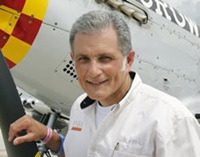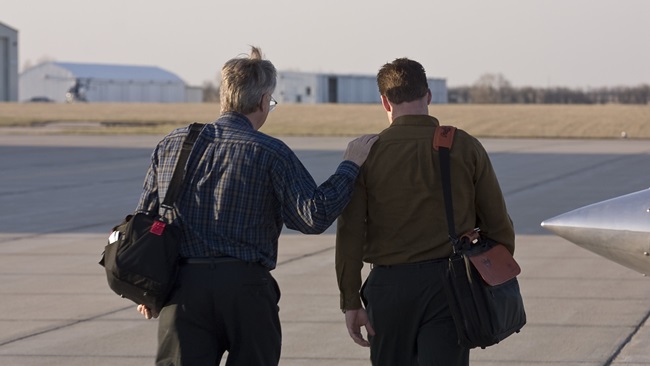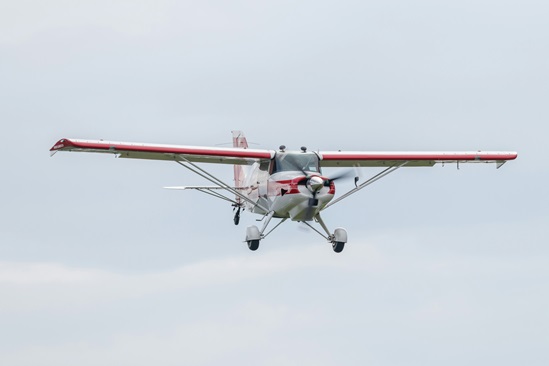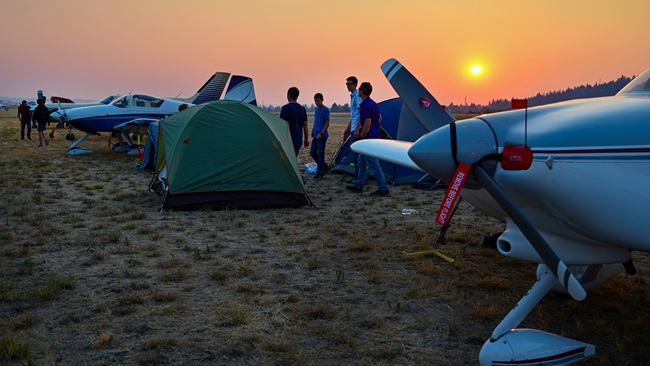
Warren Silberman
- Former Manager, FAA Aerospace Medical Certification
- Doctor of Osteopathic Medicine
- Expert in Aerospace/Preventive Medicine
- Pilot since 1986
By the way, for you first-class AOPA members out there who must have these EKGs, it is the responsibility of your aviation medical examiner (AME) to be able to interpret the graph or have someone available that can interpret the graph. If there is an abnormality discovered in this process the AME should have you evaluated prior to issuing you your medical certificate. I cannot tell you how many AMEs I saw when I was working for the FAA who did not follow this requirement, which led to their airman receiving one of those FAA letters months later requesting them to obtain an evaluation.
Now I am going to give you some other examples but by no means consider this an all-inclusive list. An EKG is required on any airman who is reporting treatment for high blood pressure. This is required with the first or “initial” blood pressure package. If during a flight examination your AME discovers an abnormality in your pulse or heart rhythm, the doctor has the “right” to perform an EKG. If the EKG demonstrates some sort of abnormality, then he or she can request the airman undergo the appropriate testing and evaluations to show the FAA that the airman does not have some condition that could lead to a sudden incapacitation.
For more expert advice and professional assistance with protecting your pilot and medical certificates all year round, visit AOPA Pilot Protection Services online.
To continue reading, please log in or join AOPA now to have access to these exclusive expert resources.
The main policy where electrocardiograms (EKGs) are required is in first-class airmen. An EKG is required when a first-class airman turns age 35 and then each year after one turns age 40.



